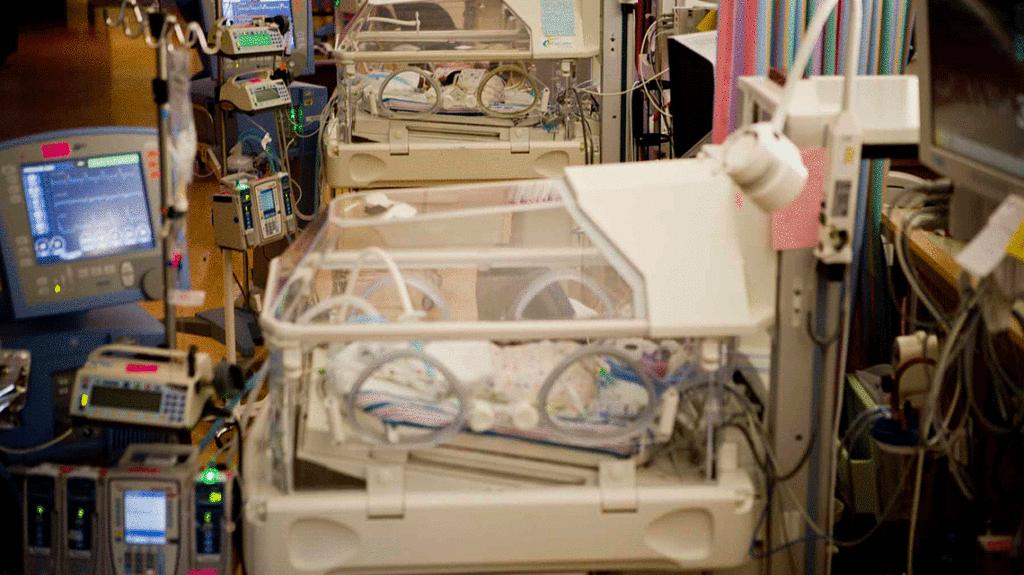5 Things Neonatologists Should Know About Vitamin K Deficiency
5 Things Neonatologists Should Know About Vitamin K Deficiency https://pediatricsnationwide.org/wp-content/uploads/2022/07/AdobeStock_48244950-1024x683.jpg 1024 683 Mary Bates, PhD https://secure.gravatar.com/avatar/c6233ca2b7754ab7c4c820e14eb518c8?s=96&d=mm&r=gVitamin K prophylaxis is safe and effective. Why are more parents refusing it, and what can be done? In a new perspective paper in the Journal of Perinatology, researchers from Nationwide Children’s say that vitamin K prophylaxis is an essential component of newborn care and yet, parental refusal of the intervention is on the rise.…






